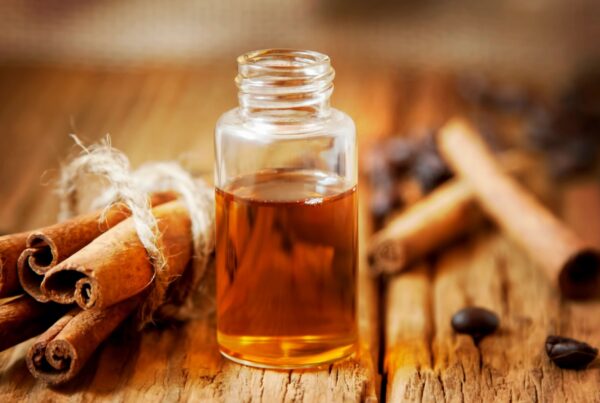Essential oils are an umbrella term used to describe highly concentrated, steam-distilled or cold-pressed extracts of almost any part of a plant, such as seeds, flowers, fruit, leaves, stems and roots, that are said to improve physical and psychological well-being.
To this day, neither the government nor the FDA have widely studied or regulated essential oils, so their effects have yet to be supported by scientific research. However, millions of people turn to aromatherapy every day, swearing by its ability to treat common health ailments like anxiety, congestion and joint pain.
According to Mack, essential oils have psychological (affecting emotion), pharmacological (affecting chemistry) and physiological (affecting bodily function and process) benefits. The most common ways to use essential oils are by breathing them in (inhalation) and by applying them to the skin(topical). Swallowing them is an option, but Mack says ingestion should only occur under direct supervision of a doctor or certified aromatherapist.
Those who use essential oils topically tend to do so for cosmetic purposes or to treat pain. Oils are absorbed via the epidermis (top layer of skin), move from the soft tissue to the bloodstream, are carried to the treatment areas and then metabolized in the liver.
Most essential oil users inhale them to experience their psychological effects, such as stress relief. When inhaled, the molecules are distributed into the respiratory system, but a small amount has been shown to affect our brain.
“When it is routed to our brain, we identify the smell and, in some cases, we have an emotional response to that smell,” Mack says. “In animal studies, it has been shown that inhalation has a quicker effect of distributing the sedative properties of certain oils in the body.”
Mack adds that psychological reactions to essential oils tend to be subjective, as scents can mean different things to different people.
“The area where I grew up had an abundance of pine trees and citrus groves. So, for me, the smell of citrus and pine triggers a deep emotional response that both calms and revitalizes me, and these are often the oils I turn to in times of stress,” she explains. “However, someone who grew up in other parts of the world may not have the same psychological response to these scents, as they may mean nothing to them.”
While the effects of certain oils are tied to a person’s history, Mack says there are some trends for which oils are most beneficial for different goals.
A blog from Victoria Slater



